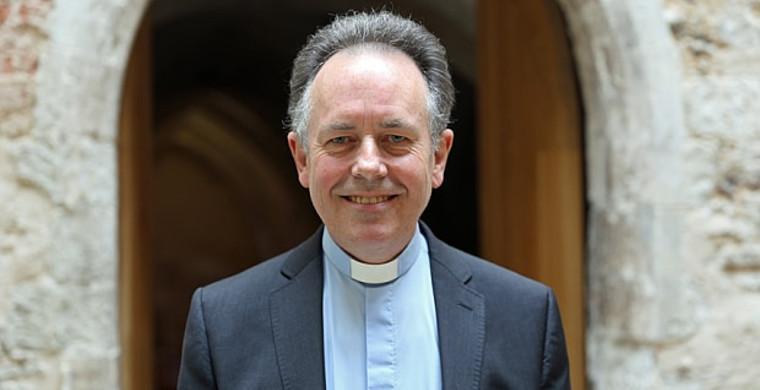NEED FOR A TRUTHFUL ANSWER FROM REFORM
By Julian Mann
Special to VIRTUEONLINE
www.virtueonline.org
January 15, 2018
Reform, the conservative evangelical network in the Church of England, appears to be questioning its own existence. Its redoubtable national director, Mrs Susie Leafe, has just resigned and its Steering Group are now considering 'working together' with two other conservative evangelical networks, the Church Society and the Fellowship of Word and Spirit.
Neither of these developments means that Reform is looking to fold but together they give an impression of a network in search of a role. If this impression reflects reality, then Reform's doubt about its own future would seem to be misguided.
Because false teaching is becoming ever more entrenched in the Church of England, Reform is surely now needed more than ever.
The occasion of its founding in 1993 was the General Synod's vote in 1992 to ordain women as priests, a move its founders believed to be contrary to Scripture. With same-sex blessings now on the agenda at the General Synod, there is a real danger that the Church of England could end up changing its currently sound doctrine on marriage.
Reform has a superb theological Covenant upholding the biblical doctrine of the Church of England as expressed in its Book of Common Prayer, its Ordinal and its 39 Articles of Religion. And for a voluntary religious network, it has punched above its weight in the secular media.
Its previous chairman, Rod Thomas, since 2015 the 'flying' Bishop of Maidstone, used to appear frequently on national television and radio. Rod Thomas got his plentiful media invitations because the Trustees and Council of Reform represented some of the largest churches in the Church of England, churches that are planting churches.
The high secular media profile for Reform continued under Mrs Leafe who did a fine job presenting the orthodox Christian case. But now that she has resigned that role needs to be filled by a similarly competent person.
She and the Reform Trustees declined to give the reason for her resignation. They may well have been right not to do so, but because of a significant development for the Church of England shortly before Mrs Leafe resigned, it is right to ask: was her resignation in any way connected with the behaviour of some conservative evangelicals when the new Bishop of London was announced just before Christmas?
On the day her nomination was announced by Downing Street, Dame Sarah Mullally received fulsome congratulations from some conservative evangelical leaders. Soon after the announcement, she refused to answer direct questions on the BBC Radio 4 Today programme about her stance on sexual ethics. Did the conduct of some elements within the constituency Mrs Leafe has so faithfully served as Reform national director fall below the standard of doctrinal clarity she would expect?
Now that the question has been asked, the Reform Trustees have an opportunity to answer in the negative if there was truthfully no connection.
A truthful answer from Reform is important because, in the present crisis for the Church of England, it has such a vital role to play in contending for the biblical truth of our Lord Jesus Christ, so faithfully reflected in the historic Anglican formularies.
Julian Mann is vicar of the Parish Church of the Ascension, Oughtibridge in South Yorkshire, UK -- www.oughtibridgechurch.org.uk
EDITORS NOTE: On the day that Dame Sarah Mullally’s nomination as Bishop of London was announced, one of the conservative evangelical voices congratulating her claimed that she was going to bring “great giftedness” to the role. The following day on the BBC she failed to articulate the received biblical teaching of the Church on marriage and human sexuality. Given that an essential gift for a bishop is the willingness and ability to defend the faith once delivered to the saints, the question being posed here is whether the above sequence of events crossed a line for Mrs. Leafe?














